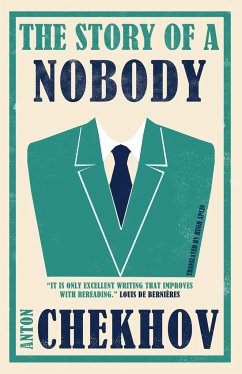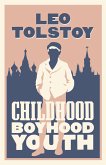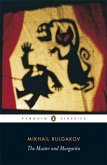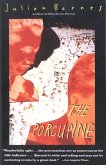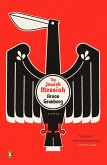A secret terrorist group infiltrates the household of a government official's son, with a view to spying on the father and, ultimately, assassinating him. But the young man entrusted with the task - an ailing, world-weary "nobody" - seized with the purposelessness of life and a sense of his own impending death, gradually becomes disillusioned with his mission, and decides to embark on a new path which will lead him to tragedy.Combining psychological detail with a strong sense of place and time, The Story of a Nobody bears all the hallmarks of Chekhov's genius, and perfectly captures the political and social tensions of its day.
Hinweis: Dieser Artikel kann nur an eine deutsche Lieferadresse ausgeliefert werden.
Hinweis: Dieser Artikel kann nur an eine deutsche Lieferadresse ausgeliefert werden.

